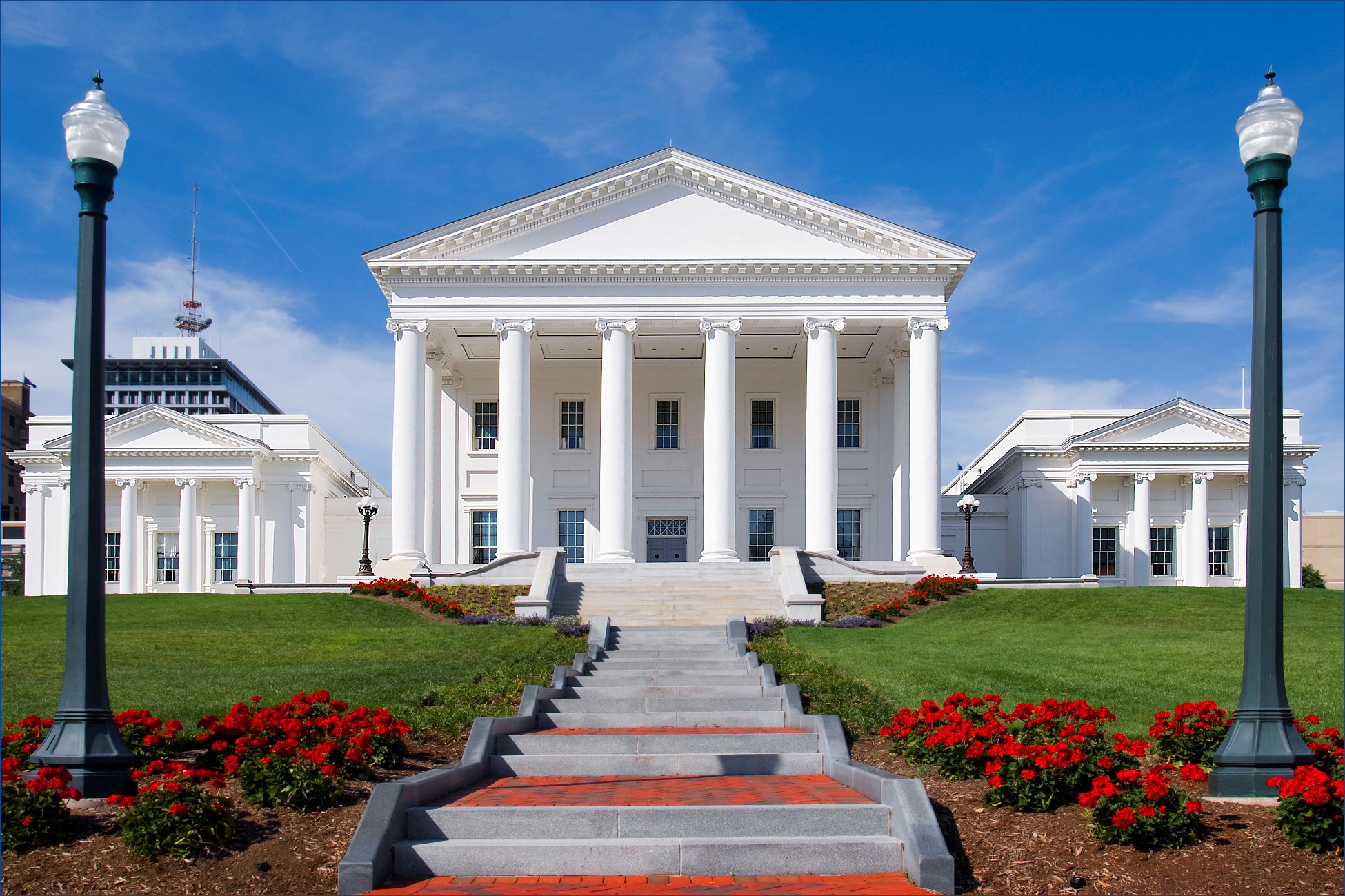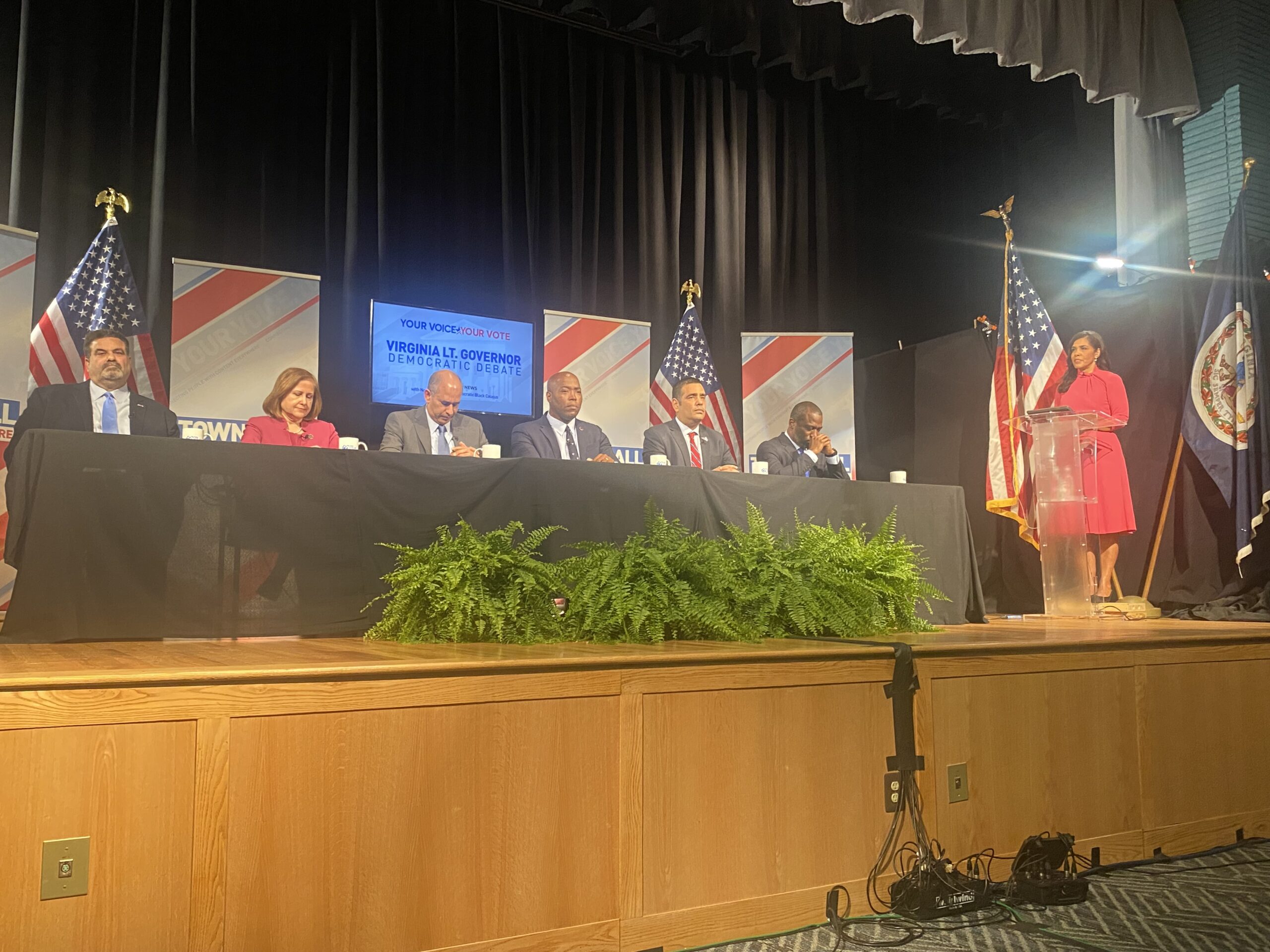How Amendment 1 Should Draw the Lines of Democracy in Virginia
As the 2020 elections come to an end, both nationally and locally, there will be significant changes in laws that can greatly affect the 2021 elections in the Commonwealth of Virginia. One such change is Amendment 1, which creates a redistricting committee to redraw district lines across the commonwealth. On Monday state lawmakers approved the amendment and a package of rules for how the bipartisan map-drawing commission will work next year.
Below is some of the language that will be included in the budget as the commission comes together in 2021:
-Bans people who hold partisan offices, political aides, campaign employees, lobbyists and others from being appointed to the citizen seats to the commission.
-Bans political insiders’ relatives from serving on the commission.
-The commission’s makeup should reflect Virginia’s “racial, ethnic, geographic and gender diversity.”
-Declares that the commission’s records, including internal communications are public and subject to disclosure under the Freedom of Information Act.
-Requires the Supreme Court of Virginia to appoint two experts, to draw court-overseen maps if the commission and the General Assembly fail to agree on their own. The special masters would be picked from lists submitted by leaders from both parties.
While the language may appear to demonstrate a willingness to have bi-partisan support, there continues to be an issue that can easily move this into another example of gerrymandering. Last week the PW Perspective highlighted those issues here and its potential dangers, especially in districts with a large Black and Brown population.
The other question becomes who will be chosen? Will this open the door for more cronies of the party establishment to determine the lines, or will the state adopt the model in California, in which they used professionals and academics to draw the voting districts? In the hands of academics, at least there will be an approach based on representation and not on finances. The potential for even more division will be the result if they do not have the right people on these commissions.
The leaders in both parties owe it to the people of Virginia to be transparent about who they bring on the commission, and if they are not, it only seeks to give power to the establishment and reduce the voices of Black and Brown voters everywhere. Leaders should look beyond beyond the lines of their party and work to make sure that the commission is non-partisan rather than bipartisan.
*Special thanks to Managing Editor Langston Carter for contributing to this editorial.



